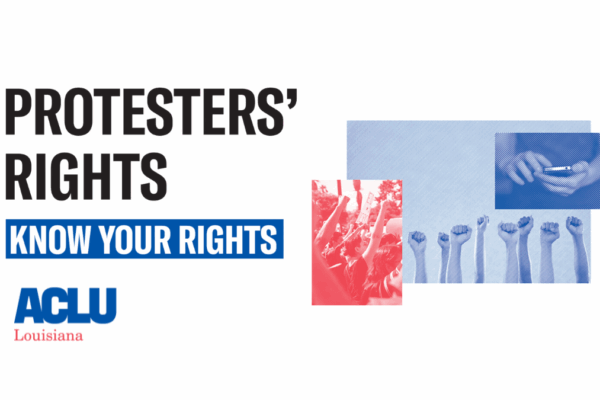The First Amendment stands as a guardian of your right to assemble and express your views through protest, no matter how unpopular they may be. You have the freedom to critique the president, Congress, or the chief of police without any fear of retaliation. However, government officials and entities, including police, are allowed to place certain narrow restrictions on the exercise of speech rights.
This resource will help you prepare and understand your rights before you head out into the streets.
Stay Informed
Sign up to be the first to hear about how to take action.
By completing this form, I agree to receive occasional emails per the terms of the ACLU’s privacy statement.
By completing this form, I agree to receive occasional emails per the terms of the ACLU’s privacy statement.

